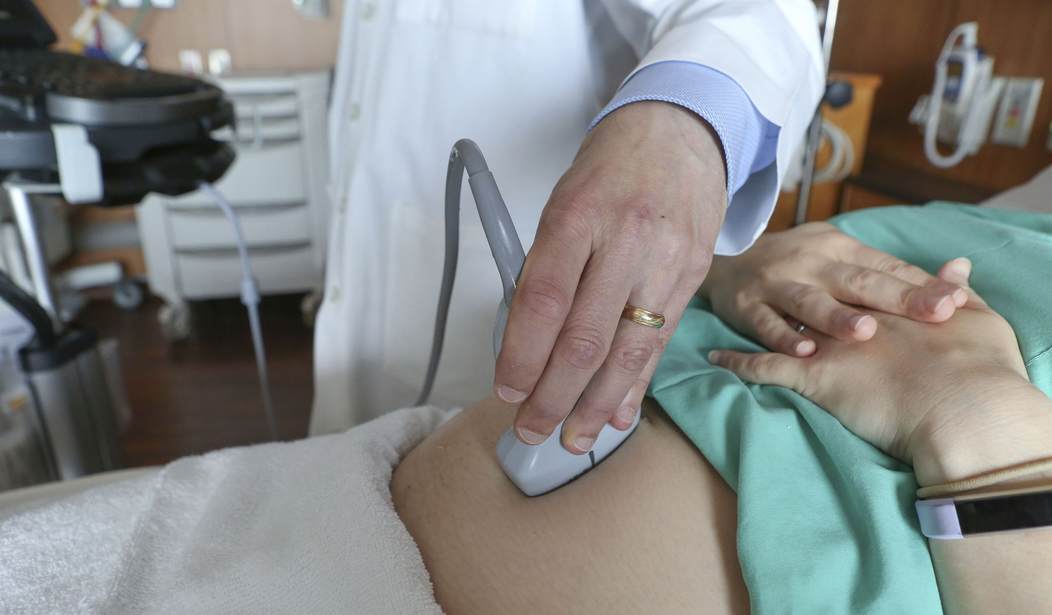As medicinal marijuana is becoming more popular across the United States, state legislators should note that using drugs – legal or illegal – has a direct impact on children during fetal development and lactation. With aims to promote a healthy environment, under which all citizens may receive proper medical care, state legislators should seek to create precautions that prohibit the use of medicinal marijuana during pregnancy and lactation so that fetal development and nursing infants can achieve maximum potential and mothers can receive the best medical care available.
Research conducted in the 1980s has shown that THC – the cannabidiol in the cannabis plant that makes the user feel “high” – can cross through the placenta and enter the fetus. Research conducted in 2017 has found that using marijuana during pregnancy is linked to lower birth weight in children.
THC has also been found to be secreted in breast milk up to six days after the last use accumulating to high concentrations, as much as 0.8% of the weight-adjusted maternal intake of one joint, which can be dangerous for newborns and infants. That THC digested is then slowly discharged through the child’s urine for the following 2 to 3 weeks thereafter.
According to research conducted by Dr. Tom Hale, author of Medications and Mothers Milk, THC could produce sedation and delay an infant's growth. Similar findings were discovered in research conducted in 1998 which have shown that infants introduced to marijuana in breast milk “show signs of sedation, reduced muscular tonus, and poor sucking.”
Marijuana use has also been found to adjust behavior of the user, which may result in a mother sleeping so deeply that she becomes unresponsive to her baby’s needs.
These findings have shown that children are in fact exposed to THC, raising significant concerns about marijuana’s health effects during pregnancy and lactation. State legislators would be prudent to take into account such findings as they make legislative decisions which can affect the lives of their citizens.
Recommended
In Colorado, nearly 70 percent of 400 marijuana dispensaries have been found by researchers from the University of Colorado School of Medicine, Colorado School of Public Health and the University of Utah, to be advising women who claimed to be pregnant and suffering from morning sickness to use the drug to treat her ailment. This prescription is irresponsible as it ignores the Colorado Children’s Code, which adjudicates children as abused and neglected if “a child tests positive at birth for either a schedule I controlled substance, as defined in section 18-18-203, C.R.S., or a schedule II controlled substance, as defined in section 18-18-204, C.R.S.” Being a schedule I controlled substance, prescribing medicinal marijuana to mothers during pregnancy puts them at risk of losing their child to child protection services.
Policies relating to medicinal marijuana and its use should reflect the recommendations of The American College of Obstetricians and Gynecologists, suggesting that pregnant women or women contemplating pregnancy should be encouraged to discontinue use of marijuana for medicinal purposes in favor of an alternative therapy for which there are better pregnancy-specific safety data.
Although considered legal at a state level in 33 states, the FDA has not approved marijuana for the treatment of any disease or condition and thus has not determined that cannabis is safe and effective for any particular disease or condition. Contrary to common belief, medicinal marijuana is ineffective when treating depression, anxiety, or ADHD. Studies published in the Lancet Psychiatry Journal have shown that there is little evidence supporting the idea that medicinal marijuana improves mental health problems overall or their symptoms.
Using a substance not approved by FDA research can have many consequences for a mother and her child. The first responsibility of the state is to protect and uphold the health of its citizens, which can only be provided after medicinal marijuana has been well-researched and understood. Utah should strive to protect mothers and children from potential harm by restricting access to marijuana during pregnancy and breastfeeding. This preventative care provides a solution to the potential medical needs of the child and will protect families from having to undergo extensive medical care that could have been avoided.
























Join the conversation as a VIP Member